Nutritionist on why rice cakes are a bad snack choice
A nutritionist has revealed that a common snack is “best avoided altogether” due to it offering nutritionally nothing.
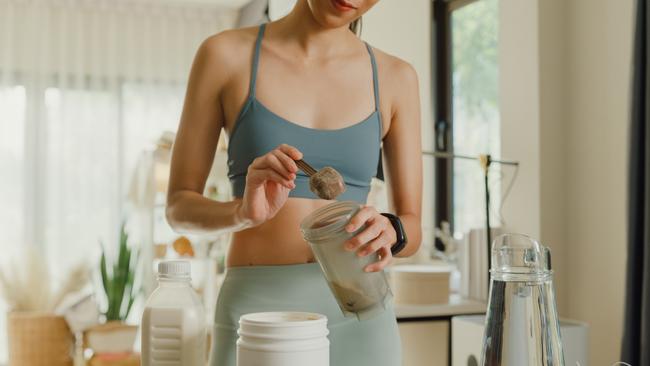
Health
Don't miss out on the headlines from Health. Followed categories will be added to My News.
Who doesn’t love a snack? Whether it’s to break up the work day, fuel up before a workout or to enjoy something sweet after dinner, the snack food aisle continues to grow.
Snacks can be part of a balanced, nutritious diet, but there are also plenty of sugary, processed options that are not such good options nutritionally.
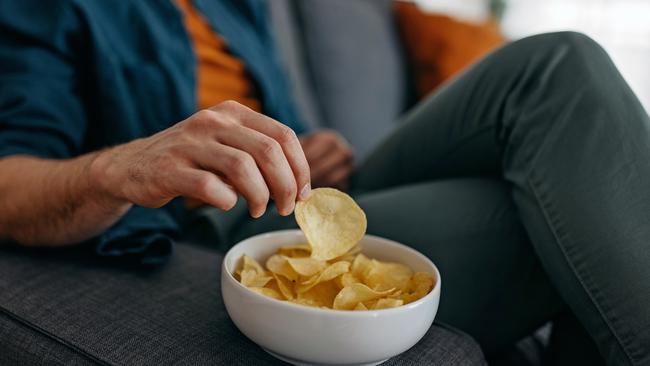
Ideally, a snack should always be a food that offers something positive nutritionally – this means that highly refined snack foods such as rice crackers, sweet biscuits, crackers and cheese dip, processed meat snack packs and fruit bites that offer little other than refined carbohydrate, vegetable oil and added sugars are best avoided altogether if the goal is to enjoy a tasty yet satisfying snack.
There are different energy requirements throughout the day, so it makes sense that there are snack options that suit some parts of the day better than others.
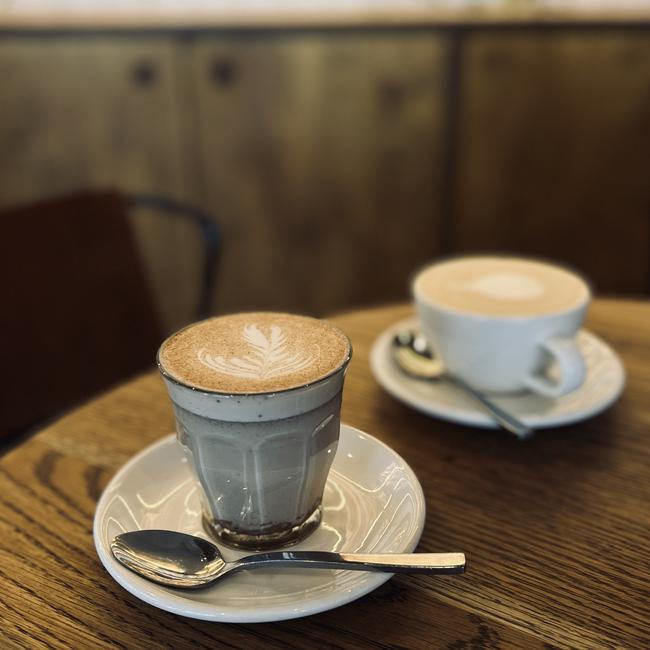
Mid-morning
The key thing to keep in mind when choosing a snack midmorning is whether it is a snack out of habit or hunger? Often, we eat on autocue and grab something sweet with a coffee a couple of hours after starting work, when in fact we would be better to wait three to four hours after breakfast when we are genuinely hungry and enjoy an early lunch.
If you do have an early start to the day, and are genuinely hungry come 10am, the best options offer some good quality carbohydrates for an energy boost, along with a little protein to keep glucose levels controlled and to keep you satisfied for another two to three hours until lunch. Think a milk-based coffee along with some fruit or cheese; a slice of protein toast with nut spread or a protein based, wholegrain snack bar.
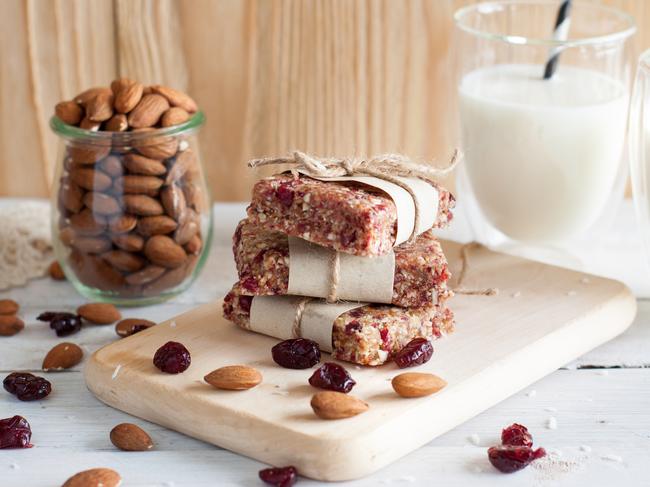
Mid-afternoon snacks
While not all of us have a midmorning snack, with an average of five to eight hours in between lunch and dinner, planning a filling snack three to four hours after lunch will help to prevent late afternoon sugar cravings and overeating before dinner.
When planning a snack for this time of day, think nutrient dense vegetables and fruit along with a high protein choice to keep you satisfied until dinner.
Try a protein-based snack bar along with a punnet of berries; a high fruit yoghurt with nuts and fruit or a few wholegrain crackers with cottage cheese and tomato.
Late afternoon snacks
With long work days and even longer commutes, even if you have managed a satisfying afternoon tea, it is not surprising that 6pm becomes a danger time for snacking.
Whether your default is to reach for the crackers or chips and dips or kids’ lunch box leftovers, it is not uncommon for hungry peeps to down 300-400 calories before dinner.
Avoid this scenario by keeping low calorie snacks on hand for munching at this time of day – think vegetable-based dips, chopped vegetables, edamame or popcorn for lighter options that offer some key nutrients for minimal calories via foods that can complement your dinner rather than derail it.
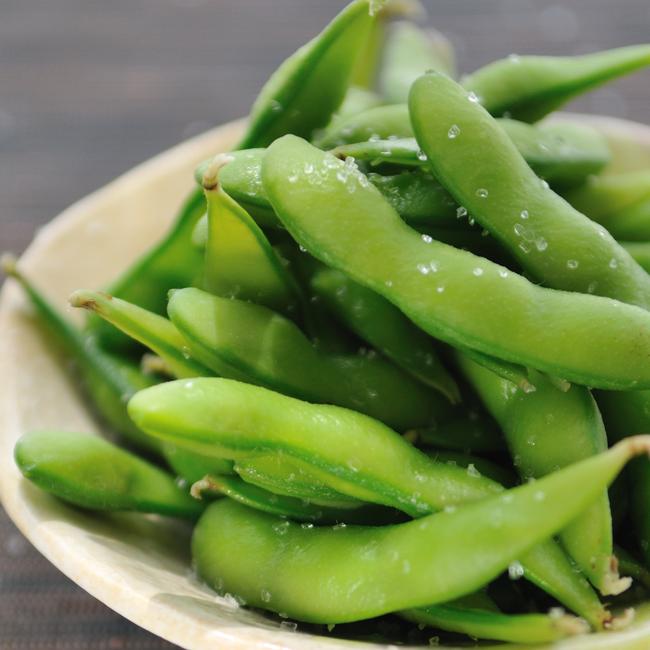
After dinner
Let’s be honest, few of us are genuinely hungry and need to snack after dinner, but whether it is a sweet treat to round out the day; something crunchy or salty as you watch TV or a glass of wine simply because you like it, the key to snacking after dinner is to keep your calories controlled, 100-200 at most.
If you consider that a single chocolate biscuit or couple of squares of chocolate equals this amount, it is easy to see how easy it is to overeat after dinner.
Think individual portions of frozen yoghurt or ice-cream, a single biscuit or small glass of wine for a tasty treat but one that is calorie controlled.
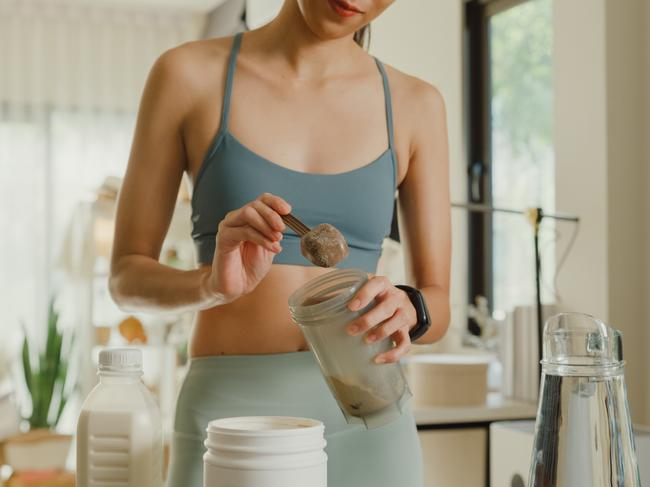
Before a workout
If you are a keen gym goer, and find you need a decent energy top-up before your workout, a mix of good quality carbohydrate and a little protein will provide the glucose required to help fuel the muscles, while a small amount of protein will help to regulate glucose levels.
A protein shake with banana, slice of toast with nut spread or a slice of cheese, fruit yoghurt or a granola or protein based snack bar will all tick the box nutritionally if enjoyed 60-90 minutes before your workout.
For more snack ideas, check out The Nutrition Couch’s brand new supermarket snack guide.
Susie Burrell is a dietitian and nutritionist and holds a Master’s degree in coaching psychology.
Originally published as Nutritionist on why rice cakes are a bad snack choice





